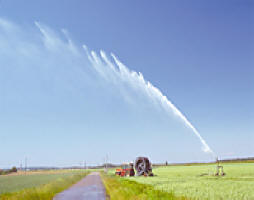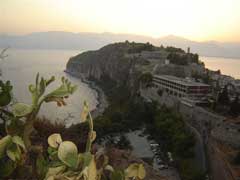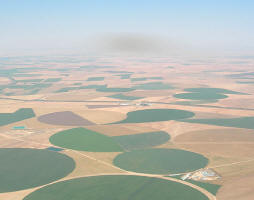 Living Lakes: Sustainable Management of wetlands and shallow lakes
Living Lakes: Sustainable Management of wetlands and shallow lakes
- Wetlands are among the most important and yet most threatened ecosystems in Europe. They are a precious part of our cultural and natural heritage, providing an extremely important resource for many human interests and activities, as well as habitats that support a rich diversity of animal and plant life. Wetlands are able to absorb precipitation (rain water) while improving the water quality. They are a source of renewable resources, fish for human consumption and pasture for grazing livestock.
- They are also important for leisure and recreation activities. Since the
beginning of the 20th century two thirds of European wetlands have been lost
and many have been degraded from nutrient enrichment, the main sources being
sewage effluent and agricultural fertilisers. Such eutrophication interferes
with the important ecological functions of waterbodies, as well as
jeopardising the use of water resources by humans.
| Project number | LIFE00 ENV/D/000351 | ||
|---|---|---|---|
| Subject(s) | WATER DEMAND , ANALYSIS AND TESTS , AGRICULTURE , no translation available , no translation available , no translation available , no translation available | ||
| Geographical coverage | Greece, Spain, Germany, United Kingdom | ||
| Budget (in €) | 1060127.70 | ||
| Programme | LIFE | ||
| Web site | http://www.livingwetlands.org/ | ||
| Objectives | 1. Demonstration projects of sustainable management of wetlands in Spain and Greece: Model projects in Spain and Greece will provide the opportunity to work with local communities and demonstrate how wetlands can be managed sustainably in environmental, social and economic terms. This will be achieved by developing and implementing management plans for La Nava (Spain) and Nestos Lakes (Greece), using participatory processes to involve key stakeholders and local communities. 2. Information and sensitisation of the local people in the demonstration areas and the wider population in Spain, Greece,England,Germany and Austria: In order to raise awareness among the local people (especially young people) and the wider public about the natural and cultural value of their wetlands and the need to conserve and sustainable use them, workcamps, exhibitions and other measures will be carried out. 3. Transfer of technology, experience and good practice in wetland management: Non-governmental organisations, communities and businesses in the Lake
Constance region (DE) and Broads Authority (UK) have gained rich experience
in finding solutions for water management problems. This expertise will be
made available for the project. |
||
| Results | - Applied integrated management of two representative wetlands in Spain and
Greece for 1140 ha of wetland and 57 ha buffer strips. Furthermore the
extensification of 8.000 ha agricultural used land is integrated into the
concept. - With the installation of buffer zones which work as 'vegetated filter strips' it will be possible to remove up to 60 % of total nitrogen and phosphorus loads from concentrated effluents. - Tools will be developed for stakeholders in European wetland areas: • Best practise guidelines • Demonstration video • Extensive documentation for free download via internet • Training modules for technicians and decision makers |
||
| Period | [01/07/2001 - 31/10/2004] | ||
 you are not logged in
you are not logged in





